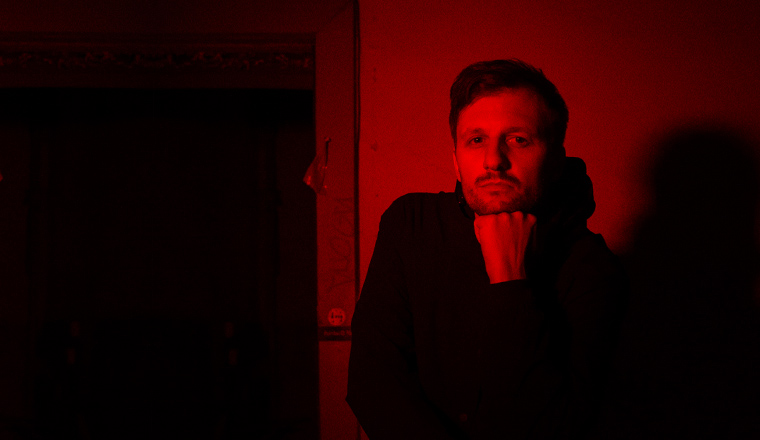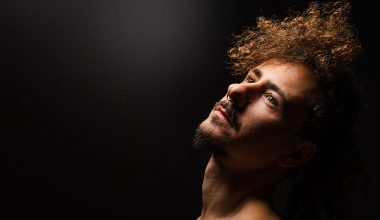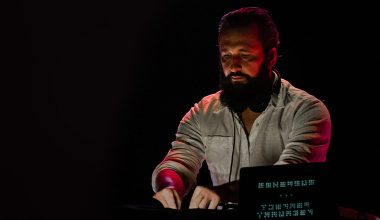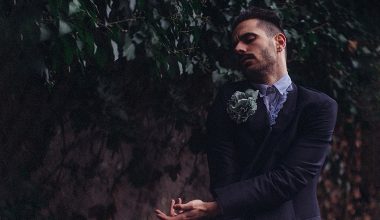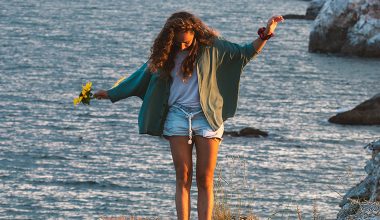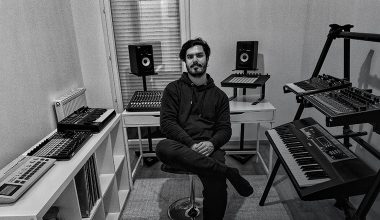This isn’t the first time Lutz Leichsenring is taking over our awesome multidisciplinary stage! The nightlife custodian is here to talk to us about some serious matters: the nature of nightlife, the impact of this industry, and much more.
Tune in for this week’s “The Story After” to find out what event changed the course of Lutz’s career and how he first began his fight for a better life after dark!
Who is Lutz Leichsenring?
I see myself as a cultural entrepreneur advocating globally for a better nightlife, driven by arts, culture, and community. I’m doing this through extensive research, developing strategies for creative communities, and advising governments and brands.
Describe yourself with a song/track.
Subcity by Tracy Chapman. This song is also on one of the first albums I was extensively listening to when I was a teenager.
What is nightlife to you in one sentence?
Nightlife for me is about transformative realities, reflection, and recharging.
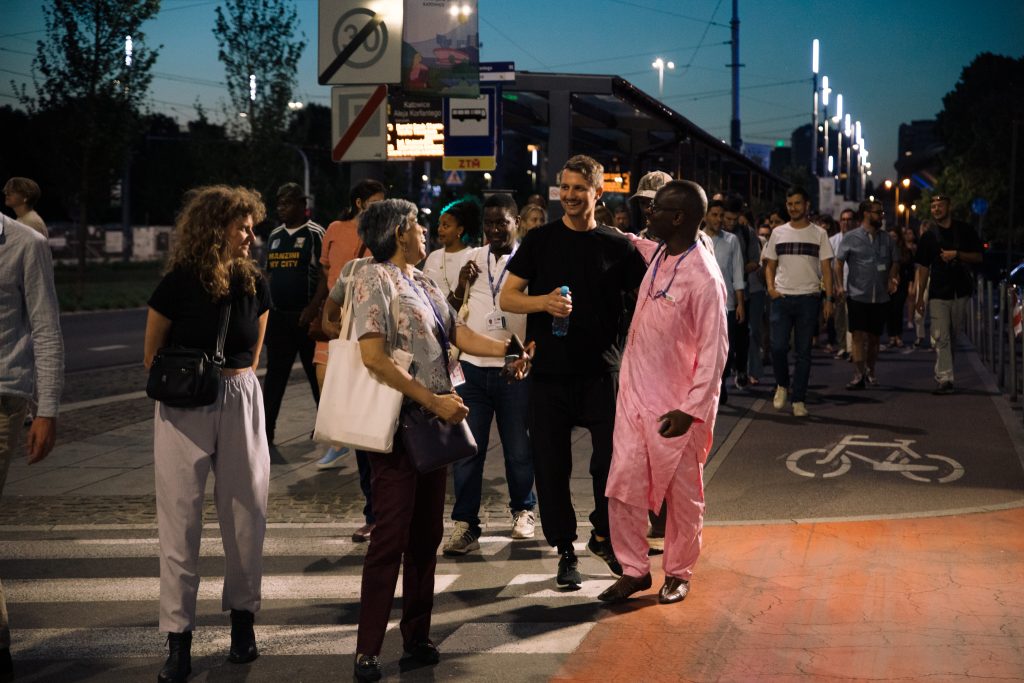
What is your favorite piece of art that talks about nightlife and clubbing?
“Stadt ohne Morgen” is a very touching documentary about Berlin’s endless nights without a curfew. I was actually involved as a co-producer on the project!
What made you realize the importance of cities having vibrant life at night? What was the first step you took towards empowering different communities to achieve that?
Nightlife spaces always fascinated me.
I began going to my first parties and concerts at 16. I also started one of the largest online communities around nightlife in Germany at the time. And for almost a decade I worked as a promoter and ran a club and a restaurant in my 20s.
But there were big challenges with authorities, real estate investors, neighbors, and the general public perception of nightlife. In 2009 Berlin’s clubs and promoters voted for me to be the spokesperson of Clubcommission Berlin. In this role, I tried to be very pragmatic and so I focused on problem-solving.
I realized how important it is to create a united voice based on common values. We need to show solidarity with underrepresented groups if we want to change the status quo. We really demonstrated this in 2020 by initiating unitedwestream.org to create awareness about the pandemic losses. We streamed music from more than 500 clubs in 120 cities globally and collected $2M in donations to support club culture. We were happy to forward 8% to social causes such as refugee and homeless initiatives.
Tell us about your latest initiative! What have you been developing or exploring over the past couple of months?
A few weeks ago my consultancy agency VibeLab got nightlife on the agenda at the UN-Habitat’s “World Urban Forum” conference to address nighttime safety through a gender-equitable lens. We organized a panel, a reception, and a night walk for city mayors and educated them about urban safety, well-being, and community through culture after dark.
It was the first session in the history of the World Urban Forum with a focus on urban nighttime and we are very proud to be bringing awareness to this level of decision-makers. We are also conducting our study “Creative Footprint” simultaneously in Montreal and Sydney this year – two cities that are 16.000km apart from each other but are both quite exciting to research. Really looking forward to it!
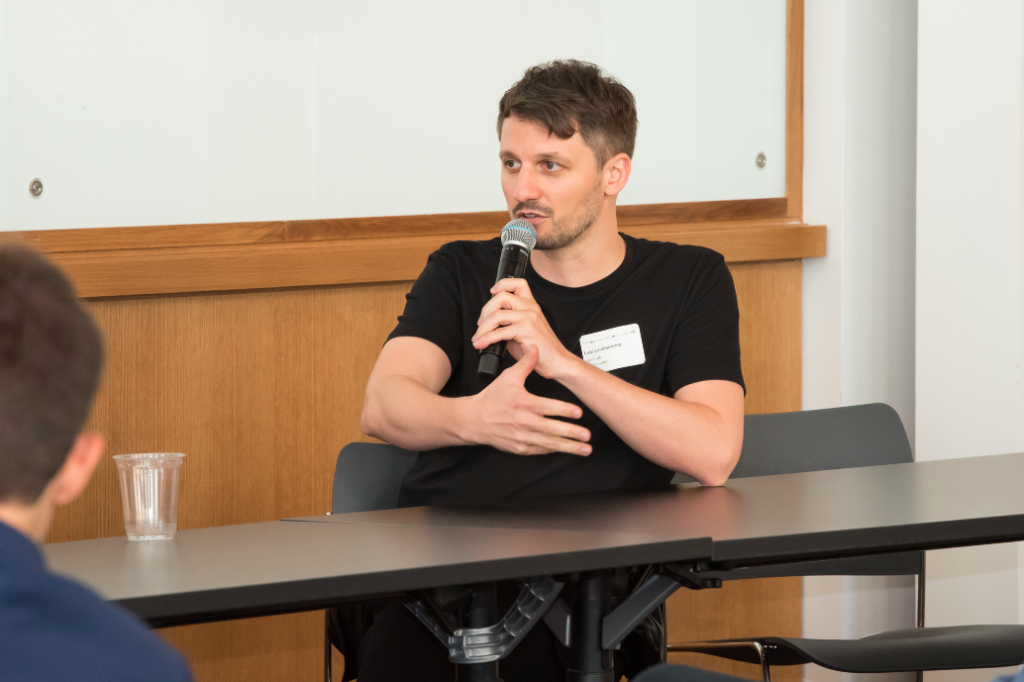
What’s something about Berlin’s club scene that not many people know?
The people who are the makers and shapers of Berlin’s nightlife are the warmest, most sincere, and humble people you can imagine.
Tell us about an event that changed your life.
I’ve hosted people like Mick Jagger and Elon Musk at events in Berlin in recent years. It wasn’t as exciting as being on the dancefloor with your best friends while vibing to your favorite music. And those are all life-changing in a way.
One very impactful event for my professional development took place in 2017 in the desert of the small town of Marfa in Texas. I was invited to speak to US promoters and club owners. That’s where I met my partner at VibeLab Mirik Milan, as well as a professor from Harvard who helped me to develop the methodology behind the “Creative Footprint”.
How do you envision the future of nightlife? What will it look like 20 or 30 years from today?
It’s hard to predict anything when you imagine that mobile phones and the internet weren’t widely accessible just 30 years ago. And we were not aware of the colossal impact of a global pandemic and government lockdowns. But nightlife has always been a counterculture to day life. I can imagine that megatrends and developments in technology and society will be questioned and go contrary in nightlife. And that’s the beauty of it.
Follow Lutz on Instagram and check out the website of Vibe Lab.
The list of people we’ve been eyeing for an interview is getting longer and longer, and you can also be a part of it! This is a space for anyone who’s ever attended an event (whether that’s a digital conference, a yoga retreat, a techno festival, or… you name it!) and has something to say about it.
How did it change your life? What did you learn? Who did you meet? What did you feel? We can talk about the connections we’ve made while we continue building new ones. Let’s co-create a memory book full of recollections we’d like to keep forever.
Follow us on Facebook, Instagram, Twitter, or Linkedin, and send us a DM with a story about an event that changed your life. Don’t miss out on the rest of the series, read the previous interview: The Story After with Mk II.
